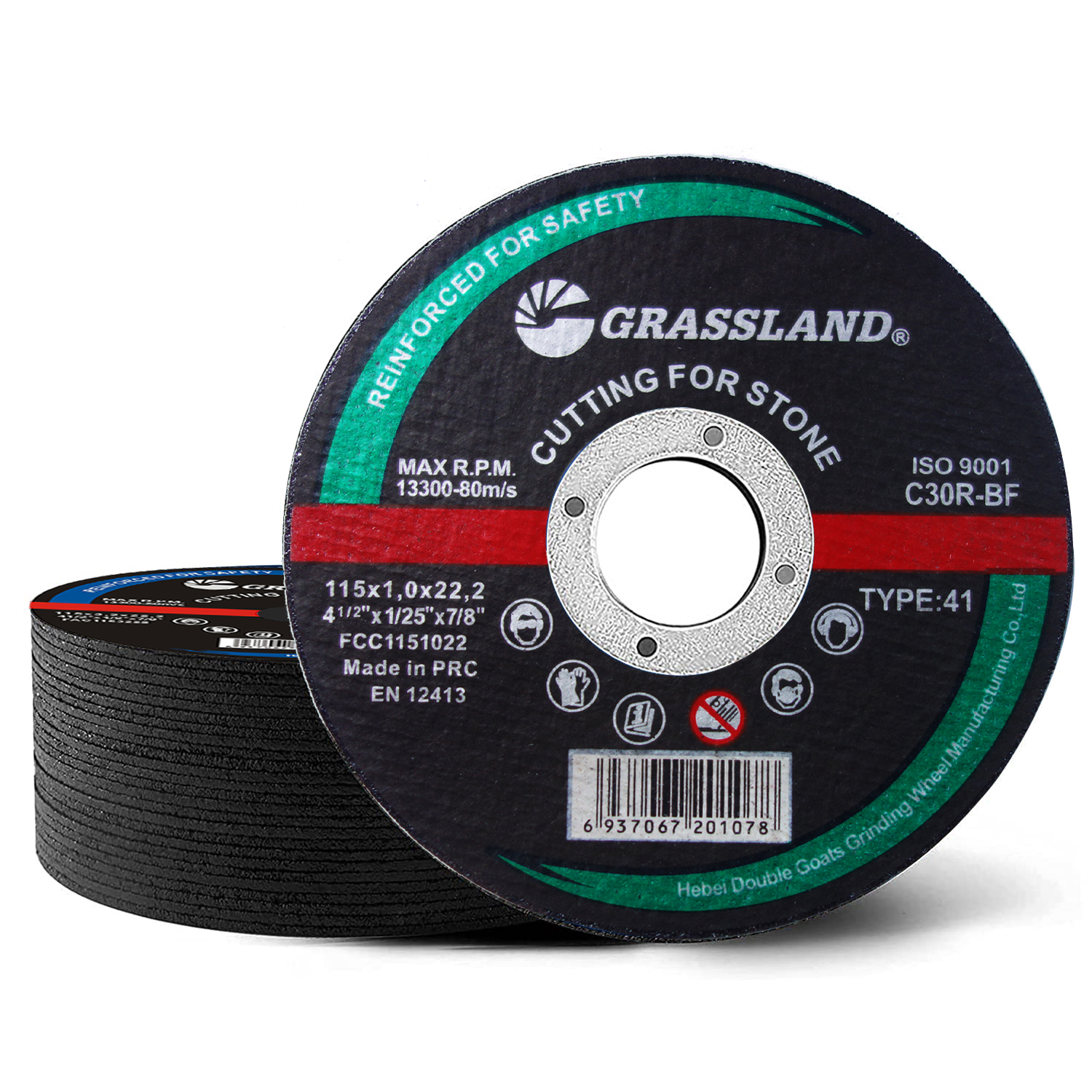

Brand reputation further influences grinding wheel pricing. Established brands, known for their quality and reliability, often charge a premium. These companies invest extensively in research and development, ensuring their products meet stringent industry standards and thereby instilling trust among professionals. While opting for less-known brands might offer cost savings, it could entail a compromise in quality and safety, which are paramount in industrial applications. Ensuring trustworthiness and quality in purchasing grinding wheels requires considering multiple factors, including certifications and compliance with industry standards. Reputable manufacturers will adhere to norms set by organizations such as ANSI or ISO, ensuring their products meet specific safety and performance criteria. Additionally, seeking customer reviews and expert opinions can provide insights into product performance across different environments and applications. In conclusion, a strategic approach to purchasing grinding wheels involves balancing cost with performance requirements. By focusing on material composition, size, application specificity, and brand reputation, consumers can ensure they choose products that align with their operational needs and budget constraints. Making informed decisions not only enhances machining efficiency but also optimizes cost-effectiveness over time. Understanding the complexity behind grinding wheel pricing is essential for professionals looking to maintain quality and efficiency in their manufacturing processes.
Post time:Jan - 13 - 2025

















